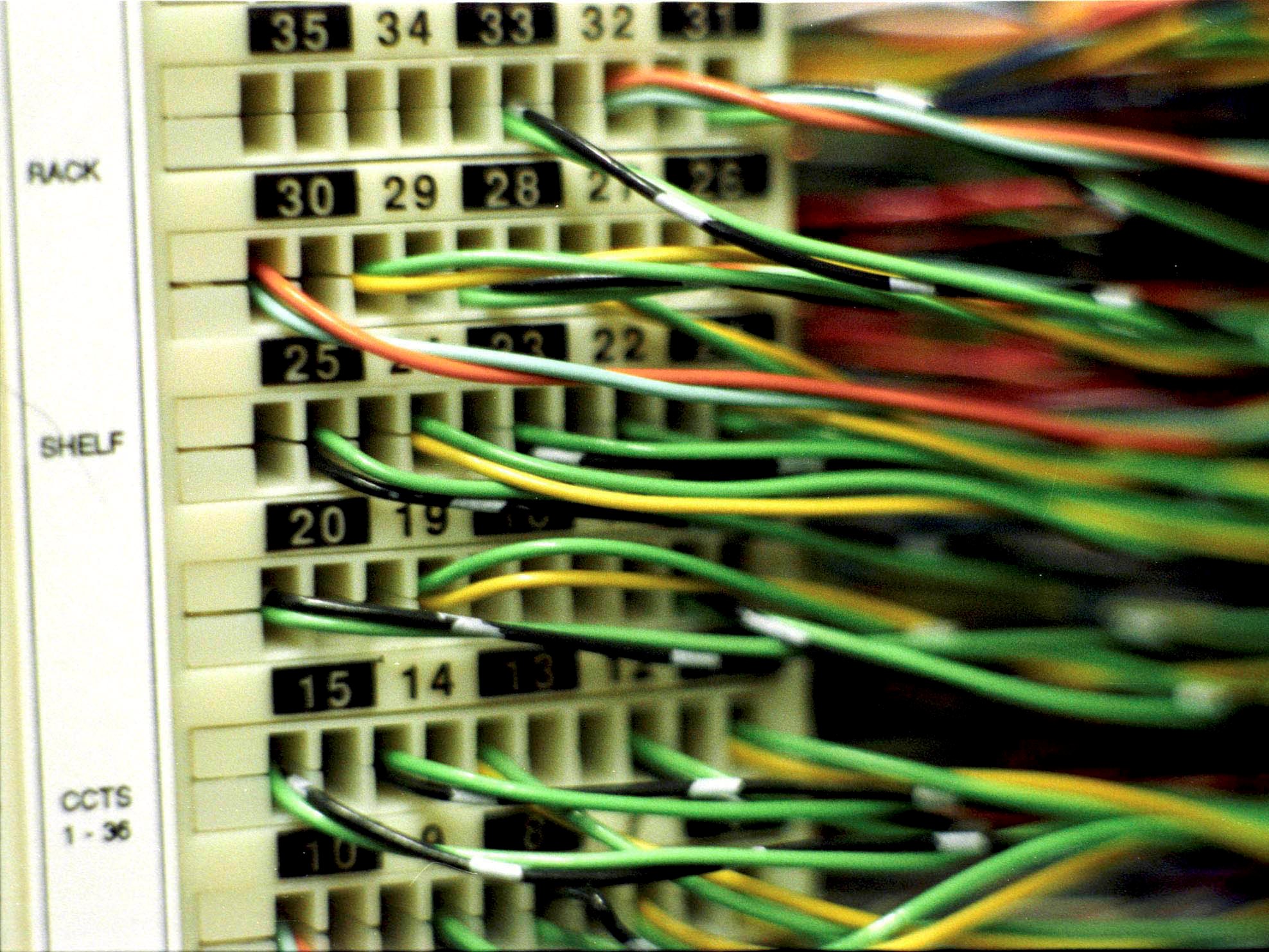What Ofcom must demand from ISPs
Six ways to improve broadband in the UK

What is the point of Ofcom? Every now and then it carries out a study into something important - 3G network coverage, say, or broadband speeds - and discovers that everybody's getting shafted.
A few months pass, it does another study, and it's shocked to discover that things are still rubbish.
Perhaps the answer is for Ofcom to create a Broadband Bill of Rights, a set of rules that ISPs and network operators have to follow - and because we're helpful types, we've written a few of them to get Ofcom started.
1. Eradicate "up to"
"Up to…" doesn't cut it when the average speed of fixed line and mobile broadband isn't even half of the advertised figures. ISPs and network operators should be compelled to print not just the "up to" numbers, but the real figures too. They should also make it clearer that the maximum speeds are based on being outdoors up a tree while dressed from head to toe in Bacofoil (in the case of 3G) or actually living inside the telephone exchange (in the case of ADSL).
2. Use words properly
Unlimited means without limits, yet stacks of ISPs and operators are allowed to use the term to describe services with bandwidth caps, fair usage policies and other restrictions. If it's restricted, it isn't unlimited.
Get daily insight, inspiration and deals in your inbox
Sign up for breaking news, reviews, opinion, top tech deals, and more.
3. Tell the truth
ISPs that deliberately throttle traffic - such as peak-time iPlayer nobbling - or block entire protocols should say so up-front. Ryanair isn't allowed to replace its planes with trampolines, although we suspect it'd like to. ISPs shouldn't be allowed to do the tech equivalent, either.
4. Stop banging on about the BBC
ISPs who moan about high bandwidth services such as iPlayer should be compelled to shut up. If you can't deliver the service at a particular price, put your prices up for heavy users. If that drives your biggest bandwidth hogs into the arms of your rivals, that's a good thing, surely?
5. Offer universal access
Broadband is a utility, and it's becoming increasingly important as government services move online, day-to-day things cost considerably more if you don't have an Internet connection and the entire economy goes digital. In areas where there's only a single operator - yes, Hull, we're looking at you - that means ISPs shouldn't be able to boot people off the internet for alleged copyright infringement. If people are pirating, that's a job for the courts.
6. Performance-related pay
Of all our proposals, this is the biggie: customers shouldn't be expected to pay for a service they don't get, so if it's £20 for "up to 20MB" then the price you pay should be "up to" £20, too. We're not suggesting that ISPs should spend all day with calculators working out what speed each person is getting, but if somebody's consistently getting half the advertised speed then they should be paying half the advertised rate. The same applies to 3G: if someone's paying X per month for a 3G connection but can't get 3G service half the time, why should they pay full whack?
Writer, broadcaster, musician and kitchen gadget obsessive Carrie Marshall has been writing about tech since 1998, contributing sage advice and odd opinions to all kinds of magazines and websites as well as writing more than a dozen books. Her memoir, Carrie Kills A Man, is on sale now and her next book, about pop music, is out in 2025. She is the singer in Glaswegian rock band Unquiet Mind.
Most Popular
